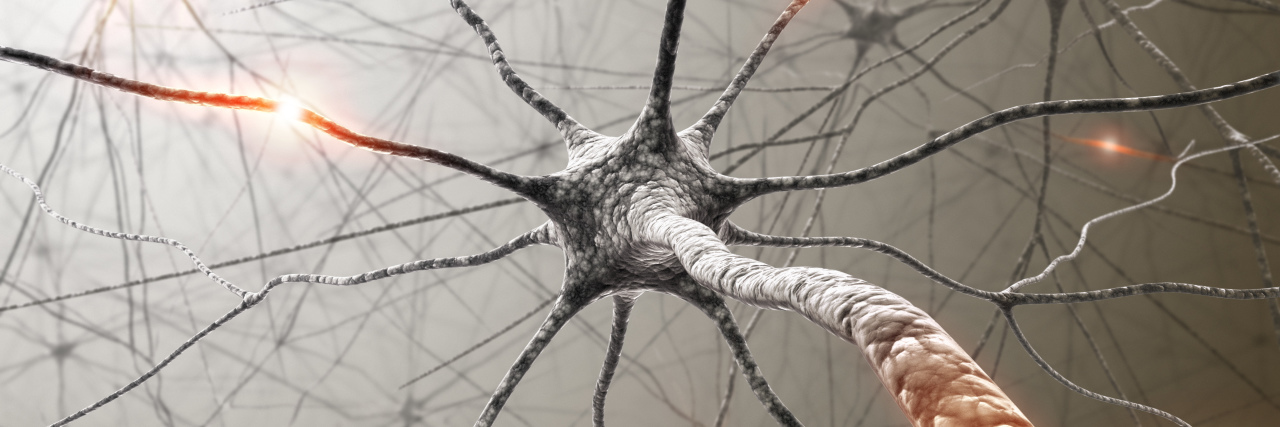I am taking a class on making money from freelance writing, and the advice I read says to find your niche, the thing you know more about than anyone else. If there’s anything I know about, it’s pain: 27 years of moderate to severe pain without a day off, to be exact. But I can’t write about pain. I think it has to do with the most important survival mechanism of all: escapism. I think about my pain as little as possible. When I take a rest between emptying the first and second half of the dishwasher, I read until the pain subsides. I go somewhere else, leaving leave my body far behind. When I’m not escaping into some kind of fiction, I simply keep my mind busy. I must be always doing something, or interacting with someone, or imagining something, not thinking about, not thinking about, not thinking about the pain. This is how I keep my sanity.
So instead I’ll write about the cessation of pain. We don’t have enough words in the English language to specifically describe the experience of the cessation of pain. We have words for pleasure: keen, delicious, ecstatic, blissful. And we have words for pain: torturous, sharp, throbbing, aching. But we have no words for the exquisite sensation of the lessening of pain, a sensory experience that is not pleasure, but something equally vivid.
First, there should be a word for the feeling of a muscle that has been spasming for days, weeks, or longer actually letting go. How can I describe this sensation without a dedicated word? You are rolling around on a tennis ball, digging a rolling pin into your quads, getting a massage when you can actually afford one and suddenly – ah! The pain that has been in the background of your mind, only acknowledged when you spend time trying to relieve it – the pain that has been irritating, tensing, stressing, keeping you from relaxation like a spring poking up through a thin pull-out mattress when you are trying to sleep – is suddenly gone. Of course it will be back. But the feeling in that moment — ! There should be a word.
Next there is the numbness that comes from hours of icing and rotating packs in and out of the freezer (forget the doctors’ 20 minutes on 20 minutes off), the silence the quiets the blaring static of nerve pain. This relief is an emptiness, a complete void. You don’t have an arm anymore. You don’t feel the cold of the ice packs. And in the back of your mind, there’s the worry – when the packs are all warm, or it’s time to feed the children, when you feel your arm again, will it be enough? Will the worst be over? Did you avoid living through the hours that were unlivable? There should be a word.
Last there is the rare, soft blanket of pain medication, taken not to allow you to do something that would ordinarily be too painful, but taken just as a rest from the ongoing battle, a few hours of shore leave that will allow you to return still sane. It is the fuzziness that feels how snow looks, the dulling of the worst that makes you want to cry with gratitude. It’s the curves of foam that cover every sharp corner when you are baby proofing the house, and also the warmth of a hot shower that relaxes all the muscles. When you take pain medication for the unbearable torture of the muscles under your shoulder blade, the small pains everywhere else disappear, and there is no word for that kind of relief. But the fuzzy blanket also descends upon your mind, and so there is a strain of bitterness throughout this sensation: the knowledge that you will never be this free of pain and able to write – to create! And also that you will never be this free of pain and be completely, naturally yourself.
It takes me a paragraph to describe each of these feelings because there is no word. The English language and those who speak it have not found a use for them. Language reflects culture. So where does that leave those of us who live in pain? Well, I hope in this essay, you’ve found some of your experiences expressed in language, a rare privilege some of us living with disabilities are often denied.
Photo credit: ktsimage/Getty Images

